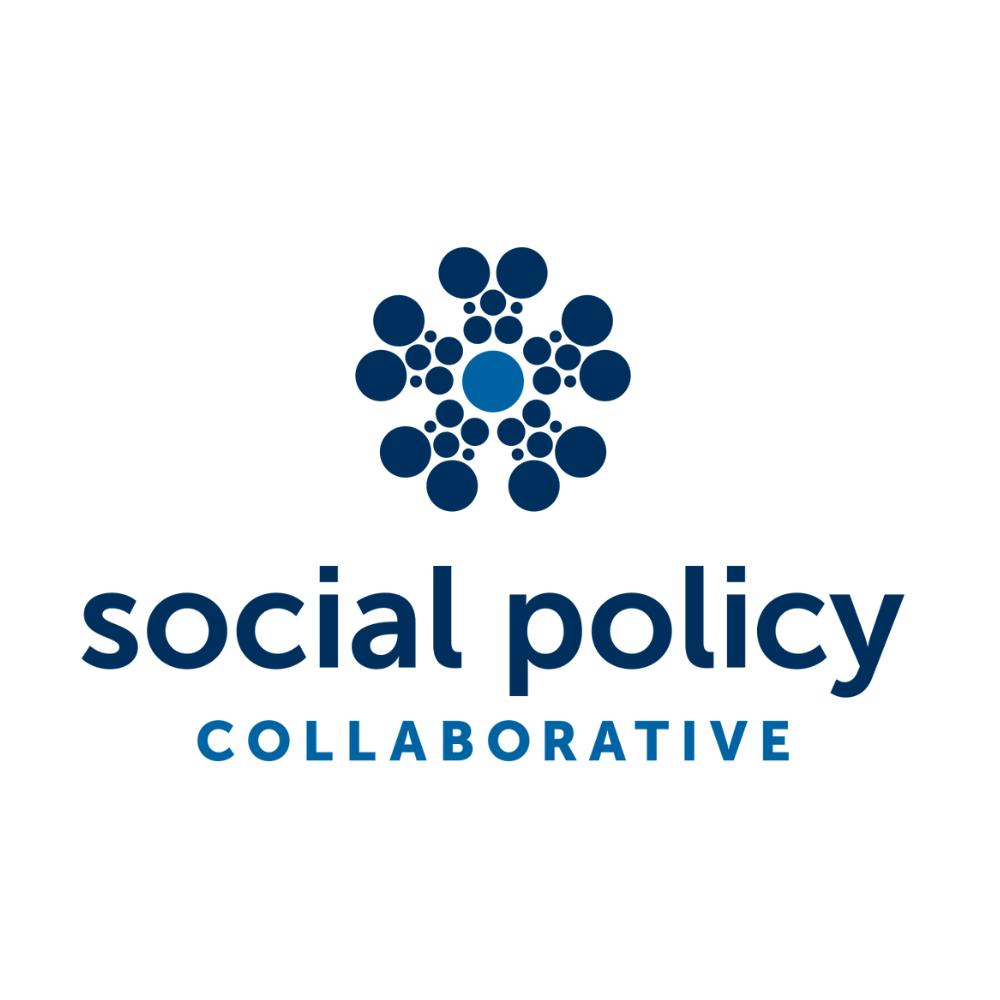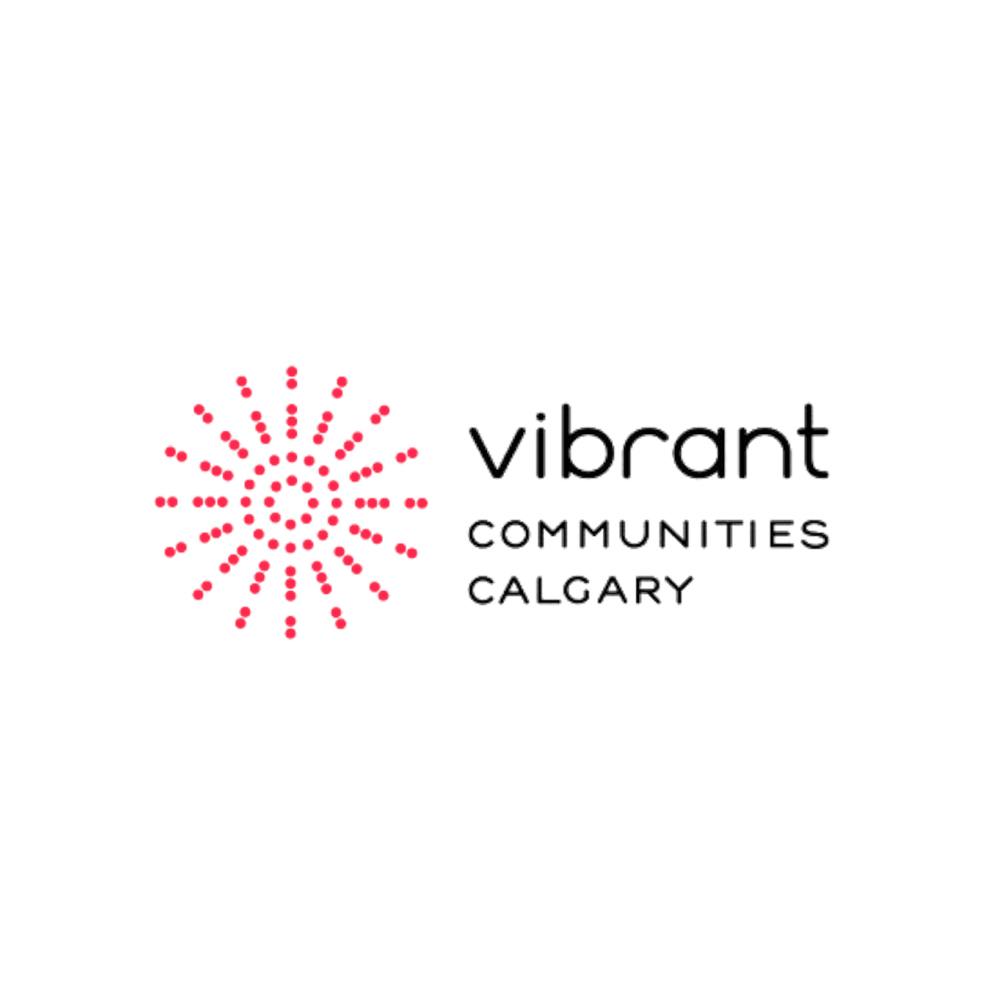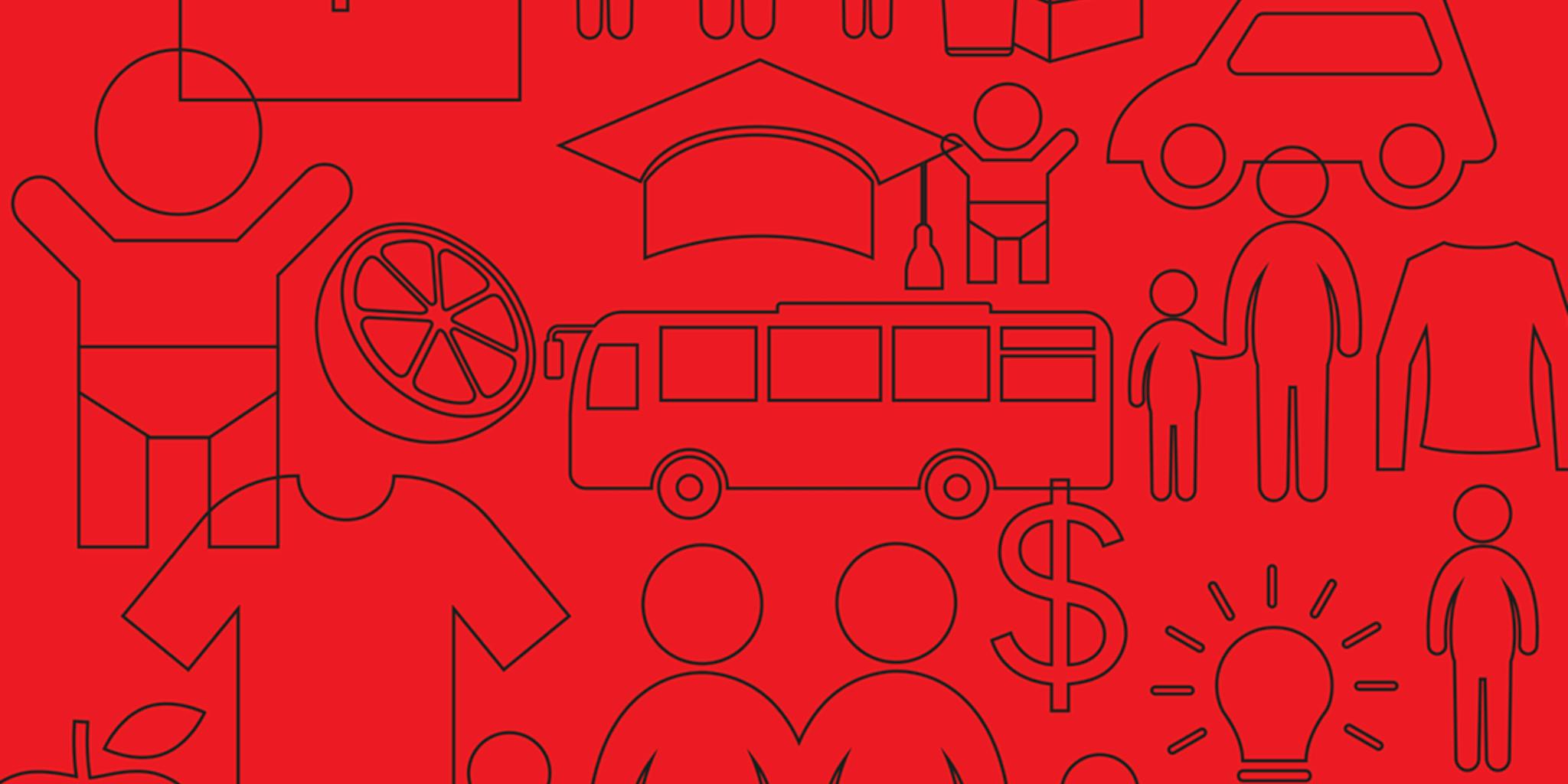Albertans go to the polls on May 29, 2023, to elect their representative in the Alberta Legislature. Vibrant Communities Calgary has prepared this guide to help voters and candidates engage meaningfully about the challenges surrounding affordable housing, income security, and public safety that are present in all parts of our province.
The past two years has have been marked by affordability challenges in Alberta, with food prices rising at the highest rate in nearly 20 years, rental costs rising by nearly 30%, and a vacancy rate at its lowest in over 14 years. And, despite the construction of over 3,500 purpose-built rentals in Calgary last year, only about 5% are considered affordable for low-income households, placing extra demands on public services and budgets. Additionally, Black, Indigenous, and People of Color (BIPOC) suffered the most job losses in the past two years, had greater health implications from the pandemic, and are overrepresented in most areas of poverty.
Alberta has many policy tools to address poverty, to set people up for success, and grow our affordable housing stock. In fact, recent investments in the social service sector are a great start towards addressing the root causes of social disorder, rising costs of rent, and inadequate income supports.
VCC has been engaging with Enough for All Champions about their election priorities and Calgary’s Social Policy Collaborative has conducted research on several issues related to poverty in our province. Based on this, VCC has developed a list of priorities for the 2023 election. Equipped with these priorities, Calgarians can inform candidates of priority issues and find out where they stand.













